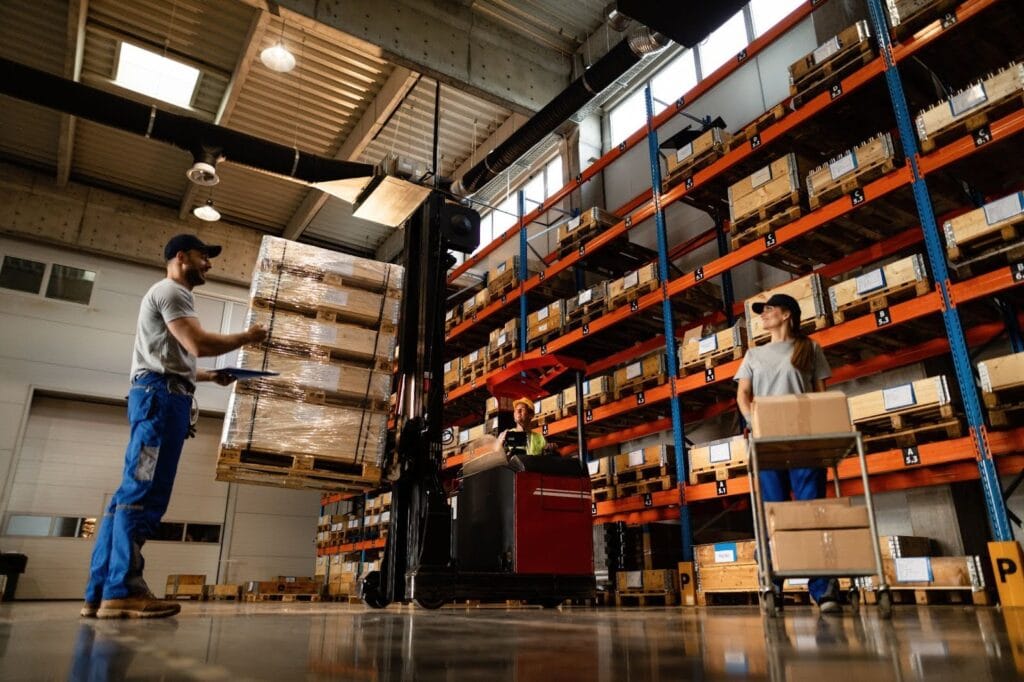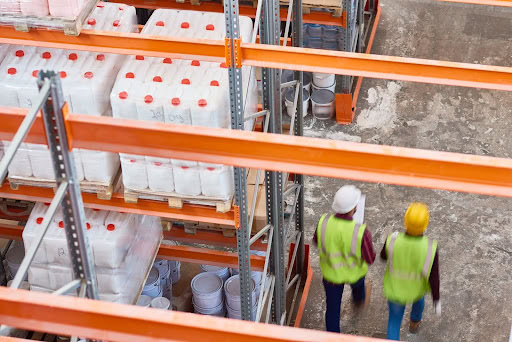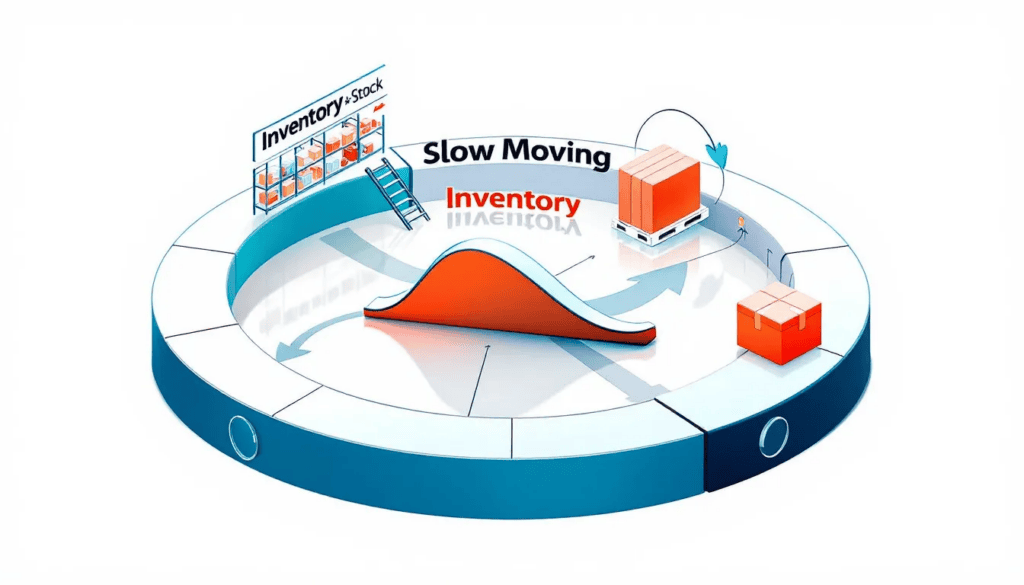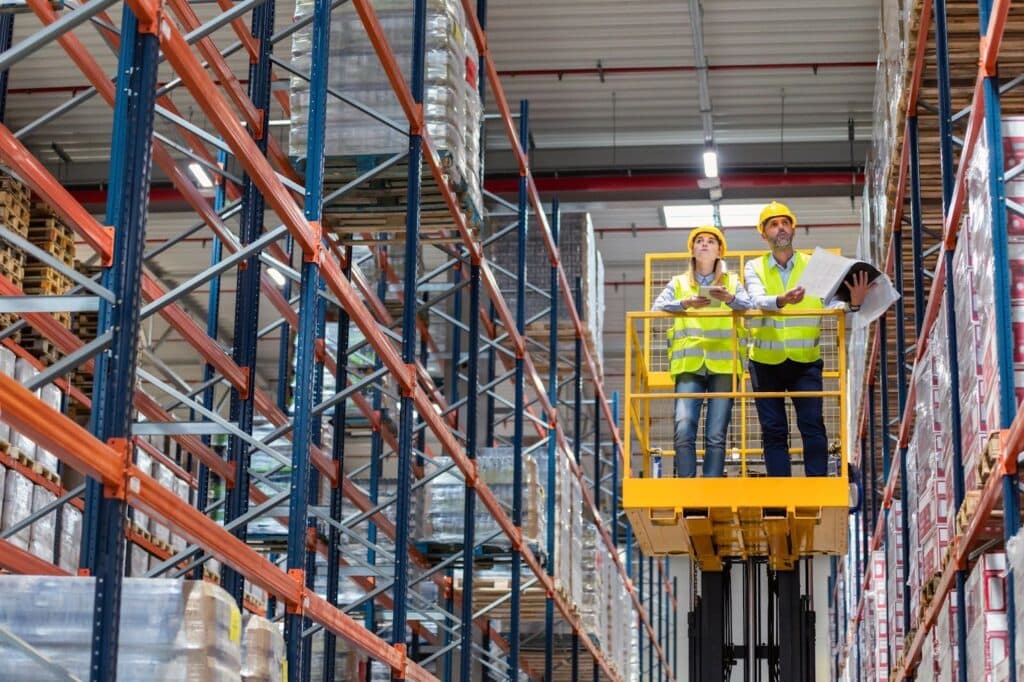Articles
Knowledge Center

6 Types of Wholesaling: A Comprehensive Guide
Wholesaling is a vital part of the wholesale trade and the supply chain, connecting manufacturers with retailers and consumers. It involves buying goods in bulk from manufacturers and wholesale selling them in smaller quantities to retailers or other wholesale businesses. There are different types of wholesaling, each serving different purposes and markets. This comprehensive […]
Read More
FCA Meaning: The Ultimate Guide to Free Carrier Shipping, Obligations, and Responsibilities
Dealing with international shipping requires clarity on responsibilities, costs, and legal duties for buyers and sellers, which is why understanding the trade term FCA meaning—Free Carrier Shipping—can significantly improve your logistics planning and avoid costly mistakes. In this arrangement, the seller handles delivery to a specified location, transferring responsibility and risk once the goods reach […]
Read More
The Process of Capacity Planning: Meaning, Strategies, and More
Capacity planning is an excellent way to increase corporate productivity. Effective capacity planning helps you identify potential areas for growth, which boosts investment returns, and maintains good employee morale. Planning your resource capacity is helpful when you manage several projects because it improves your chances of accomplishing them on schedule and within budget. Using […]
Read More
Takt Time: Origins, What It Is, and Formula
Takt time is a crucial concept in manufacturing. It defines the pace at which products must be completed in the manufacturing process to meet customer demand efficiently. The word takt, which comes from the German word “takt,” means “rhythm. “ Takt time represents the harmony between production and demand, ensuring that each product aligns perfectly […]
Read More
ABC Analysis: Definition, Importance, and Implementation
ABC analysis stands out as a fundamental approach in managing inventories effectively. By categorizing the total inventory items into three groups—A, B, and C—based on their value and consumption rates, businesses can prioritize their resources and focus on the most impactful items. This guide explores the intricacies of ABC analysis, providing a comprehensive understanding […]
Read More
Supplier Relationship Management: What It Is, Importance, and Challenges
Supplier Relationship Management: What It Is, Importance, and Challenges Supplier relationship management (SRM) is vital for modern business practices. Effective supplier relationship management systems and strategies enhance supplier management, prevent supply chain disruption, and foster strategic alliances. Imagine running a business where every link in your supply chain is seamless and efficient. Sounds ideal? That’s […]
Read More
Customs Clearance: Meaning and Process
International trade can be complex and time-consuming, but it is crucial for businesses that import or export goods to understand one of the most critical steps in the process: customs clearance. Customs clearance is the procedure you must follow to legally import or export goods across international borders. The process can be daunting, but […]
Read More
Turnaround Time in Logistics: Definition, Importance, and How to Calculate
Turnaround Time (TAT) measures how long it takes to complete a process from start to finish. Logistics includes the time from arrival to departure and crucial steps in supply chain operations, such as warehouse intake or truck unloading. Understanding “what is Turnaround Time” will help improve operational efficiency and maintain a competitive edge. Efficient turnaround […]
Read More
What is MRP? History, Definition, and How it Works
Running a manufacturing process without an organized system often leads to chaos—too many raw materials or not enough to meet customer demand. That’s where material requirements planning (MRP) comes in. So, what is MRP? It’s a planning system that helps production managers calculate the materials needed, schedule production efficiently, and balance inventory levels with actual […]
Read More
15 Types of Pallet Racking
Discover the different types of pallet racking systems to optimize your storage solutions. Improve efficiency in your warehouse—read the full guide now!
Read More
All About Flatbed Trucks: Definition, Types, and Uses
Flatbed trucks are most often encountered when there is a need to transport oversized items that would be difficult or impossible to place in a conventional cargo vehicle. While these rigs may seem simple, they are essential in transportation. Additionally, there are various flatbed trucks for sale, offering a wide range of options and […]
Read More
What is a Courier Service: Meaning, Benefits, and Functions
When you need customizable and speedy pickup and delivery services to keep your supply chain flowing, you might consider the post office. Unfortunately, the post office charges high rates for anything faster than the norm, and its services are limited. The solution exists with couriers In the past, courier services were limited to local […]
Read More
Essential Guide to Quality Control in Manufacturing Best Practices
Discover essential best practices for quality control in manufacturing to enhance efficiency and reduce errors. Read the article for practical insights.
Read More
Understanding Slow Moving Inventory Definition: Identify and Manage Your Stock Efficiently
Understanding and managing slow-moving inventory is crucial for maintaining a healthy and efficient inventory system. By identifying the causes, using key metrics for identification, and implementing effective management and preventive strategies, businesses can turn their slow-moving stock into a streamlined asset.
Read More
Optimizing Your Pharmaceutical Warehouse: Best Practices and Standards
Pharmaceutical Warehousing: Definition, Handling Standards, and Supply Chain Rules Pharmaceutical warehouses are specialized storage facilities that safely store pharmaceutical products, including medications, vaccines, and other health-related items. For the pharmaceutical industry, warehouses play a crucial role in safeguarding the integrity and quality of medicines that impact billions globally. They are not just a storage […]
Read More
What is FOB Destination? Meaning, Terms, Who Pays?
If you’re in the shipping industry, you need to be familiar with the shipping term FOB destination and all it implies. You should be able to answer the question of what does FOB mean in shipping and convey the fob price meaning. FOB is an acronym that means “free on board,” so FOB destination […]
Read More
Vertical Warehousing: What It Is, Analyzing, and Benefits
Logistics operations face increasing demands for smarter and space-saving storage strategies due to rapid growth in e-commerce and shifting consumer expectations. Businesses with limited floor space often struggle to scale efficiently without expanding their facility’s footprint. Adopting vertical warehousing helps companies build upward rather than outward, maximizing storage capacity and enhancing operational flow. This innovative […]
Read More
Just-In-Time Inventory: Definition, Advantages, Disadvantages
Just-In-Time inventory, or JIT, is a strategy that streamlines a business’s inventory and improves efficiency by receiving goods only as they are needed and minimizing inventory costs. This method helps maintain a lean inventory, significantly enhances cash flow, and reduces waste. In this guide, we will extensively review the JIT inventory system, exploring its core […]
Read More
Last Mile Delivery: Trends, Cost and How to Optimize
Efficient last mile delivery plays a crucial role in ensuring timely shipments, meeting customer expectations, and enhancing brand reputation. By addressing last mile delivery challenges such as route optimization and failed deliveries, businesses can strengthen their supply chain and reduce costs.
Read More
Pop-Up Warehousing: Definition, Risks, and Benefits
Pop-up warehousing offers a flexible solution for businesses facing supply chain uncertainties. It helps them adapt to fluctuating demand, manage seasonal products, and expand without committing to permanent infrastructure.
Read More